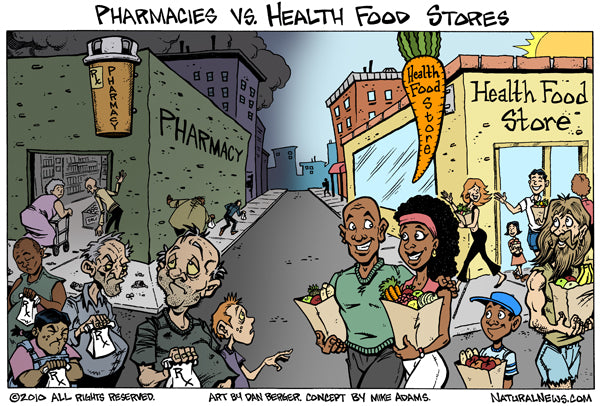
An apple a day keeps the doctor away. But why is that? Of course, if you throw it hard enough, it will keep anyone away. However, scientists are actually convinced that the flavonoid components in the apple skin are responsible for our good health.
An apple roughly consists of 90% water, 8% sugar, 1.5% fiber and 0.4% organic acids. Water and sugar cannot really be considered as medicinal compounds, fiber is good for your stomach and organic acids act as natural preservatives – they help keep your food fresh from bacterial spoilage. But still none of them can be considered as powerful medicines. So there has to be something in the missing 0.1%!
Around 20% of the missing part is taken up by minerals – calcium, potassium, magnesium, phosphorus etc. All of these are building blocks for our cells and minerals also participate in cell signaling. We need those! Another 20% can be accounted for fatty acids such as linoleic and linolenic acids. Deficiencies in these fatty acids can lead abnormalities in the liver and the kidneys, reduced growth rates, decreased immune function and depression. Adequate intake of the essential fatty acids can result in numerous health benefits such as prevention of atherosclerosis, reduced incidence of heart diseases and stroke.
Okay, so we have identified 99.94% of the apple. Let us dig deeper.
We arrive to compounds called secondary plant metabolites. These are products that aid in the growth and development of plants but are not required for the plant to survive. Primary metabolites - such as starch, oil and proteins – are used to build the plant. They help seeds survive winter and a plant uses them to store the energy which it has collected using photosynthesis. However, in order for the plants to stay healthy, secondary metabolites also need to be produced. A common role of secondary metabolites in plants is defense mechanisms. They are used to fight off herbivores, pests, and pathogens. And guess what, this is the exact same thing they do for the human body.
So what exactly are those secondary metabolites? First there are vitamins which indeed have undoubted bioactive and medicinal properties. It varies from plant to plant, but for an apple the most common ones are Vitamin A, C, E, B3, B5, B6. And then there are flavonoids.
Flavonoids (or loosely polyphenols) are a class of secondary plant metabolites that were formerly known as Vitamin P. Often these compounds are used by plants to produce yellow, blue and red pigments. Also, flavonoids are responsible for the bitter taste of apple seeds. And there are very many different ones – over 5000 different flavonoids have until now been identified in nature. All of them are antioxidants and have specific properties that can help your body (or a plant’s body) cope with environmental stress factors such as radiation, bad air, unhealthy food, or too little exercise.
Today, scientists have agreed that flavonols are responsible for the health benefits of eating fruits and vegetables. That’s the stuff your mother told you to eat! Also a vast amount of science has been produced to display that specific flavonoids found in plants can have important anti-inflammatory, anti-allergic and even anti-cancer activities.
So! It turns out, an apple consists of hundreds (or even thousands) of chemical compounds. Of which the ones present in the smallest quantities can account for the biggest health-benefits.
So what to take away from all this?
- Eat many different plants and regularly – this way your body will get various healthy compounds.
- Red fruits are always healthy!
- Eat also the skin and seeds of fruits – they contain most of the flavonoid compounds. Make sure to wash them thoroughly though!